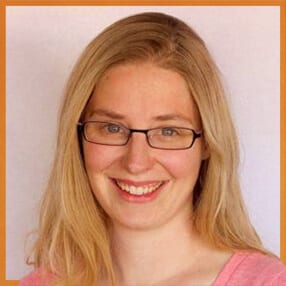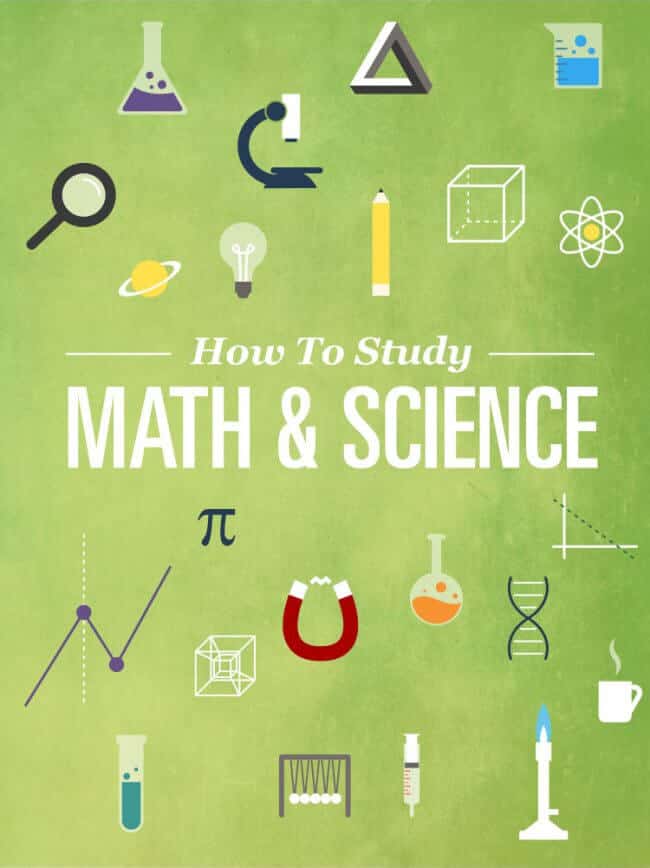 When I was in my final year of high school, the subject I struggled with the most was – by far – calculus.
When I was in my final year of high school, the subject I struggled with the most was – by far – calculus.
I’d been a year ahead in math since 8th grade, so I went into my senior year feeling pretty proud of my math skills. Aaaaaand that lasted about a week, tops.
In the end, I scraped by with a B in the class, – but I earned that mainly by latching onto extra credit opportunities like a rabid honey badger. My core calculus skills never really crystalized; I never felt quite confident when I was working through the class’ equations.
As I left high school and prepared for college, I sort of adopted this belief that I wasn’t “cut out” for math. I was quite good at other subjects like English and business, so I decided that those were what I should focus on.
There’s a stigma attached to subjects that exist within the realm of math and science – they’re more difficult, require more work, and they’re reserved for a certain “type” of person. And, to be honest, I had basically bought into that.
However, that stigma just isn’t true. Near the end of my college career, my interest in math and science was rekindled – which was actually part of the reason I started focusing more heavily on academic topics like test preparation and efficient learning.
As I dug into those topics, I learned that math and science aren’t subjects reserved for some upper-echelon group of students. Rather, they simply require some different study methods. They’re both heavily focused on problem solving, and they’re often very abstract. You simply can’t study for math and science in the exact same way you’d study for a history final.
To elaborate more on this concept, and to give you some direction for learning how to ace your math and science classes, today I’m talking with Dr. Karen Christian.
Karen is passionate about science; she has a Ph.D. in Organic Chemistry Education, and she’s also the founder of O-Chem Study Group, a website, YouTube channel, and online community that helps students all over the world study organic chemistry more effectively.
In this episode, Karen and I dig into her experience in both learning and teaching organic chemistry, pull insights from it, and widen them to apply to math and science topics as a whole.
If you’re looking to improve your grades in these subjects, this episode is for you!
Things mentioned in this episode:
Want more cool stuff? You can find all sorts of great tools at my Resources page.
If you enjoyed this episode, subscribe to the podcast on iTunes! It’s easy, you’ll get new episodes automatically, and it also helps the show gain exposure 🙂 You can also leave a review!
Here’s an image for sharing this episode on social media:



